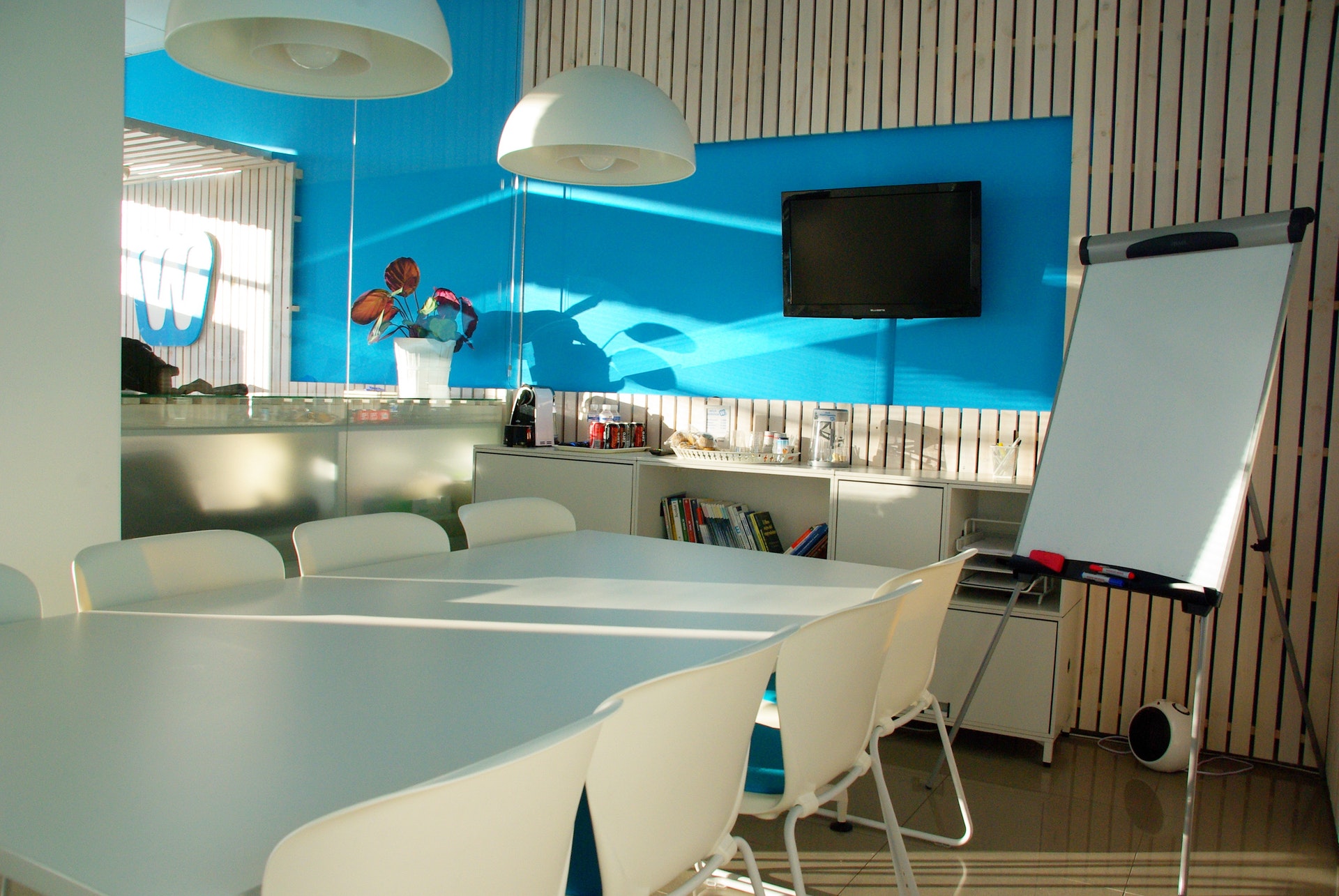
18 August 2021
After a year and a half of pandemic conditions made worse by South Africa’s crippled economy, rising municipal rates and tariffs, violent protests and looting, it’s safe to say the commercial and industrial property sectors have had a difficult time of late. According to Roger Lotz, Sales Manager for the Rawson Properties Helderberg Group, however, local market conditions are far from universally negative, with signs of further improvement emerging.
“Commercial property is made up of three main classes – office, retail and industrial,” says Lotz. “Each of these has been differently affected by recent events and circumstances. Blanketing the entire sector with negative sentiment is neither fair nor accurate, and can cause investors to overlook some of the great opportunities currently available.”
Lotz says, apart from the riots and looting affecting other parts of the country, the majority of negativity around commercial property investment stems from the pandemic’s impact on the office space sector. Lockdowns, financial constraints and work-from-home possibilities drove many organisations to rethink their physical space requirements, resulting in unusually high vacancies and poor growth prospects for investors.
“The interesting thing is that this has not been the case for all commercial property classes in the Helderberg,” he says. “Retail has certainly had its challenges, but not to the same degree as office space, and it’s already showing a mild upturn. Our industrial market, on the other hand, has remained surprisingly active and healthy throughout the pandemic, offering excellent stability for investors in this otherwise turbulent economic climate.”
Even the embattled office space market is now showing signs of improvement.
“Most of the companies planning to permanently downscale their office facilities have already done so,” says Lotz. “Now, we’re starting to receive enquiries from employers who are wanting to move back to a full or partial in-office model.”
As for the short to medium term outlook for Helderberg commercial property investment, Lotz says much relies on the recovery of the South African economy.
“The commercial property market tends to track the overall economy quite closely,” he says. “Once that starts its recovery, we can expect commercial property growth to follow close behind.”
Financial experts are reporting a rebound in business confidence in the second quarter of 2021, which – should it continue – could herald that much-needed economic recovery on the way. Of course, further COVID-19 waves, the speed and success of the vaccination rollout, and the materialisation of the government’s promised economic stimulus packages will also have a role to play.
In the meantime, Lotz says opportunities for investors with an appetite for considered risk abound.
“There’s no doubt that now is an excellent time to start a strategic expansion of a commercial or industrial property portfolio, or even to invest in your own business premises,” says Lotz. “Interest rates are at their lowest point since 1954, making gearing and/or borrowing a very attractive option, and while we can’t predict an exact growth timeline, we do know that a rebound is inevitable.